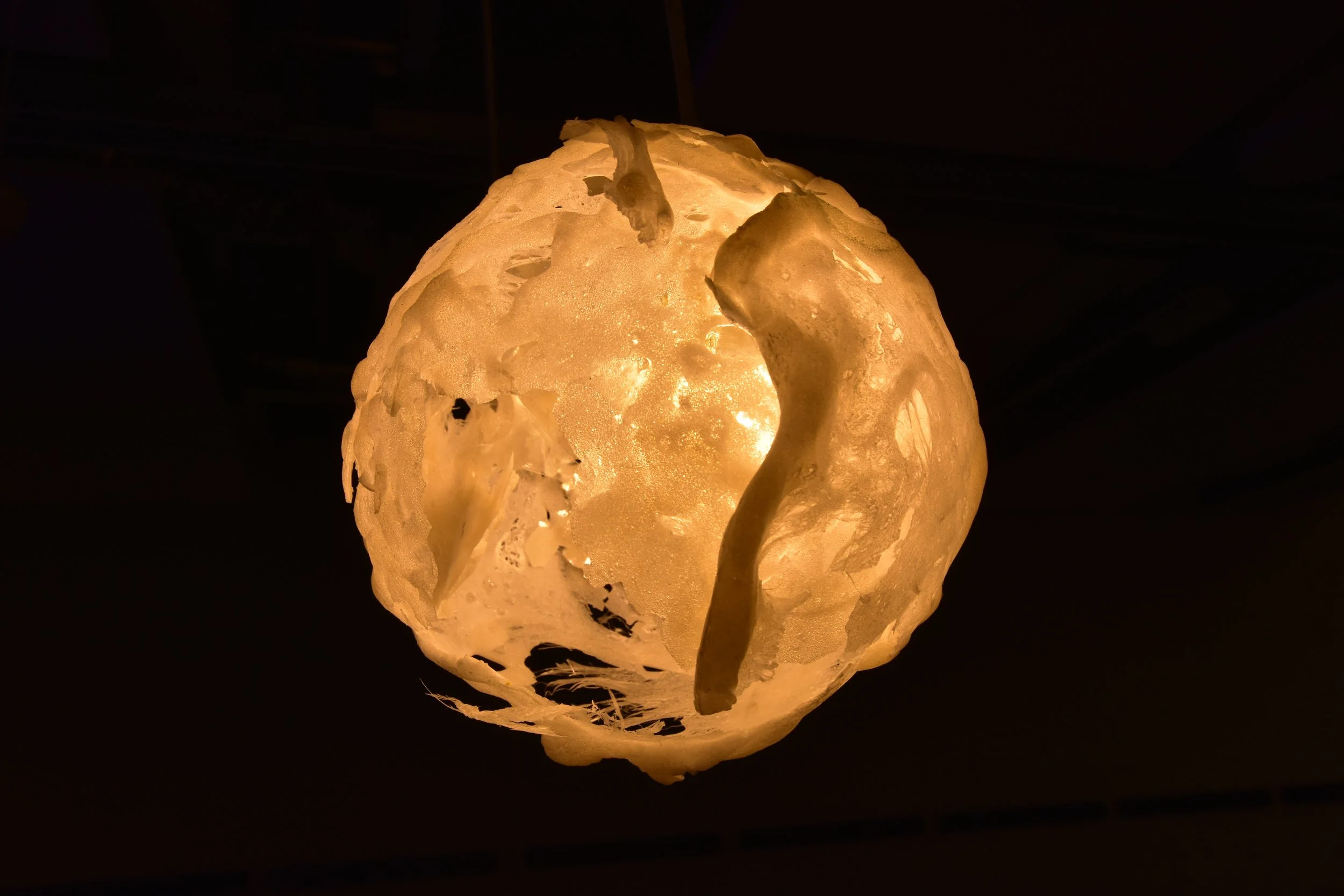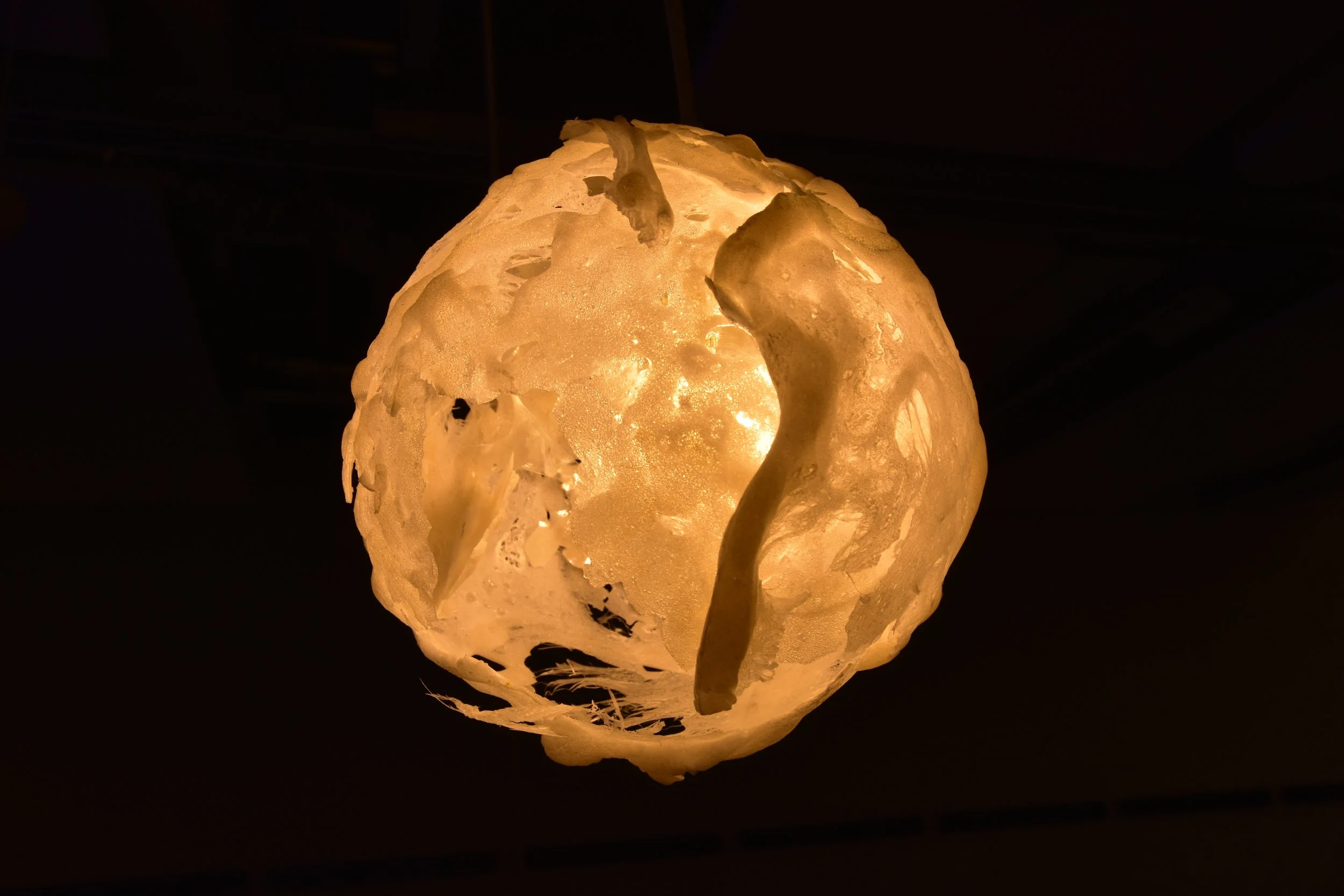
Material
What is the importance of materials in 2025?
In 2020, total Anthropomass surpassed Biomass
Anthropomass is defined as the ‘human-made mass is the mass embedded in visible inanimate solid objects/components made by humans (that have not yet been demolished or taken out of service)’ (One Health Research Center). Biomass is defined as the the sum of all materials that is sourced from biological orgins, this includes, but not limited to, plants, animals, and animal byproducts. Th tipping point of which man-made mass surpassed biomass is a critical point in Earth’s history. We are currently in a environmental and ecological crisis that needs to be solved. Masao Studio aims to create products that aims to reduce the need to increase anthropomass and promote sustainble consumption, production, creation, and purchasing. Masao Studio hopes to be a step into a direction that allows humans to have a strong-positive relationship with earth, the environment, and its resources while reducing the population’s overall impact
Explore
Polystyrene
Polystyrene is a synthetic plastic polymer made from the monomer styrene, a liquid hydrocarbon derived from petroleum. It is a lightweight, rigid material commonly used in packaging, insulation, disposable cutlery, and foam products like Styrofoam. Polystyrene can be solid or foamed and is prized for its low cost and ease of molding. However, it is not biodegradable and poses environmental concerns due to its persistence in nature and difficulty in recycling.
Wood
Wood is a widely utilized renewable resource, valued for its structural integrity, versatility, and aesthetic qualities across numerous industries, including construction, furniture manufacturing, and paper production. However, despite its sustainable origins, significant quantities of wood are wasted throughout its lifecycle—from harvesting and processing to end-of-life disposal. Inefficiencies in milling, offcuts during fabrication, and demolition debris contribute to substantial volumes of wood waste, much of which ends up in landfills. While wood is biodegradable, improper disposal limits its potential for reuse, recycling, or energy recovery. Addressing wood waste through improved material efficiency, circular design strategies, and enhanced waste management practices is essential for reducing environmental impact and promoting more sustainable resource use.
Gravitec
Gravitec is an innovative material developed by the Spanish company Gravity Wave, made from recycled marine plastics—primarily discarded fishing nets collected from the Mediterranean and Atlantic. Designed for use in construction, furniture, and interior design, Gravitec offers a durable and visually distinctive alternative to conventional materials. Each panel helps remove plastic waste from the ocean, supporting both sustainability and circular economy goals. Its unique textures and colors reflect its oceanic origins, making it not only functional but also a statement in environmental responsibility.


